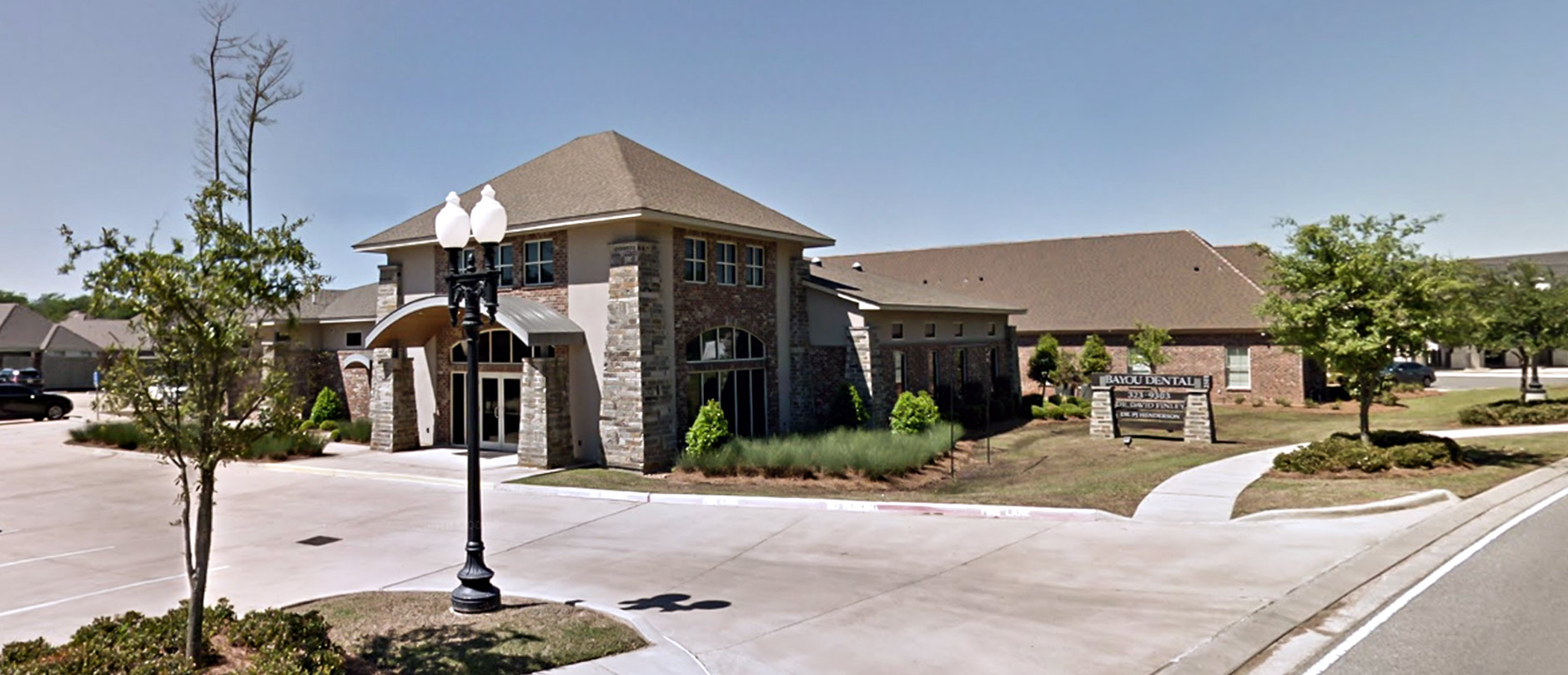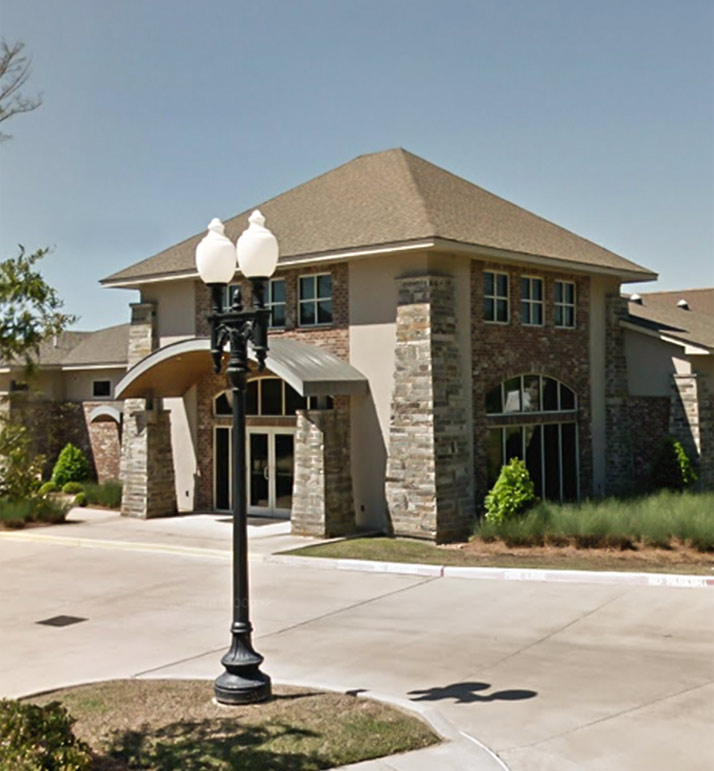My dentist extracted an old root canal tooth (left upper molar) because after two root canals from an endodontist, three years apart, the tooth was still painful. After my dentist removed the tooth, he said that an infection in the roots spread into my sinus. He cleaned the sockets, bone grafted the holes, and stitched it. After taking 150mg of clindamyacin for ten days, I still have the infection. It’s been a week since I finished the medication, but my sinus is draining, and I feel pressure in my face and gum. Decongestant doesn’t work. I have been thinking about scheduling an emergency appointment with another dentist just to get a second opinion, but I decided to find a dentist online to ask. That’s why I am writing your office.
Do I need more clindamyacin or a different antibiotic? Or is what I am experiencing part of the healing process?
– Thanks for your help. Leidi
Leidi,
Thank you for your clear explanation. Although Dr. Finley would need to examine your tooth and x-rays for an accurate diagnosis, we can provide some insight on what might be happening. An urgent visit with a dentist that you don’t know may do more harm than good. A conscientious dentist will review your dental history and exams and even consider referring you to a specialist.
Upper tooth extraction and sinus infections
Upper molar tooth roots are close to the sinus. Sometimes only a thin membrane separates them. And that membrane can easily rupture during tooth extraction and result in sinus perforation.

If you’re leaky filling hurts or is irritated, don’t delay getting it replaced
Treatment – Surgically close the perforation using sponge-like surgical gelatin or bone grafting material. Stitch over the opening. As a patient, you must be gentle with the surgical site and allow it to heal. Clindamycin or another antibiotic is appropriate.
When the sinus won’t heal after treatment
If your sinus doesn’t heal after tooth extraction and antibiotic treatment, your dentist might give you these options:
- Resume antibiotics – Your description is a sign of infection relapse. You might need to resume clindamycin or switch antibiotics. If your dentist prescribes antibiotics and symptoms improve but return when you finish the medication, an infection lingers, a bone fragment might be aggravating your sinus.
- Bone fragment treatment – If a bone fragment is pushed into your sinus, it can cause infection. Your dentist can refer you to an ENT (ear, nose, throat) specialist for further examination, diagnosis, and treatment.
If things worsen before you see your dentist, don’t hesitate to schedule an emergency visit with your dentist.
David Finley, DDS, of Monroe, LA, sponsors this post.





